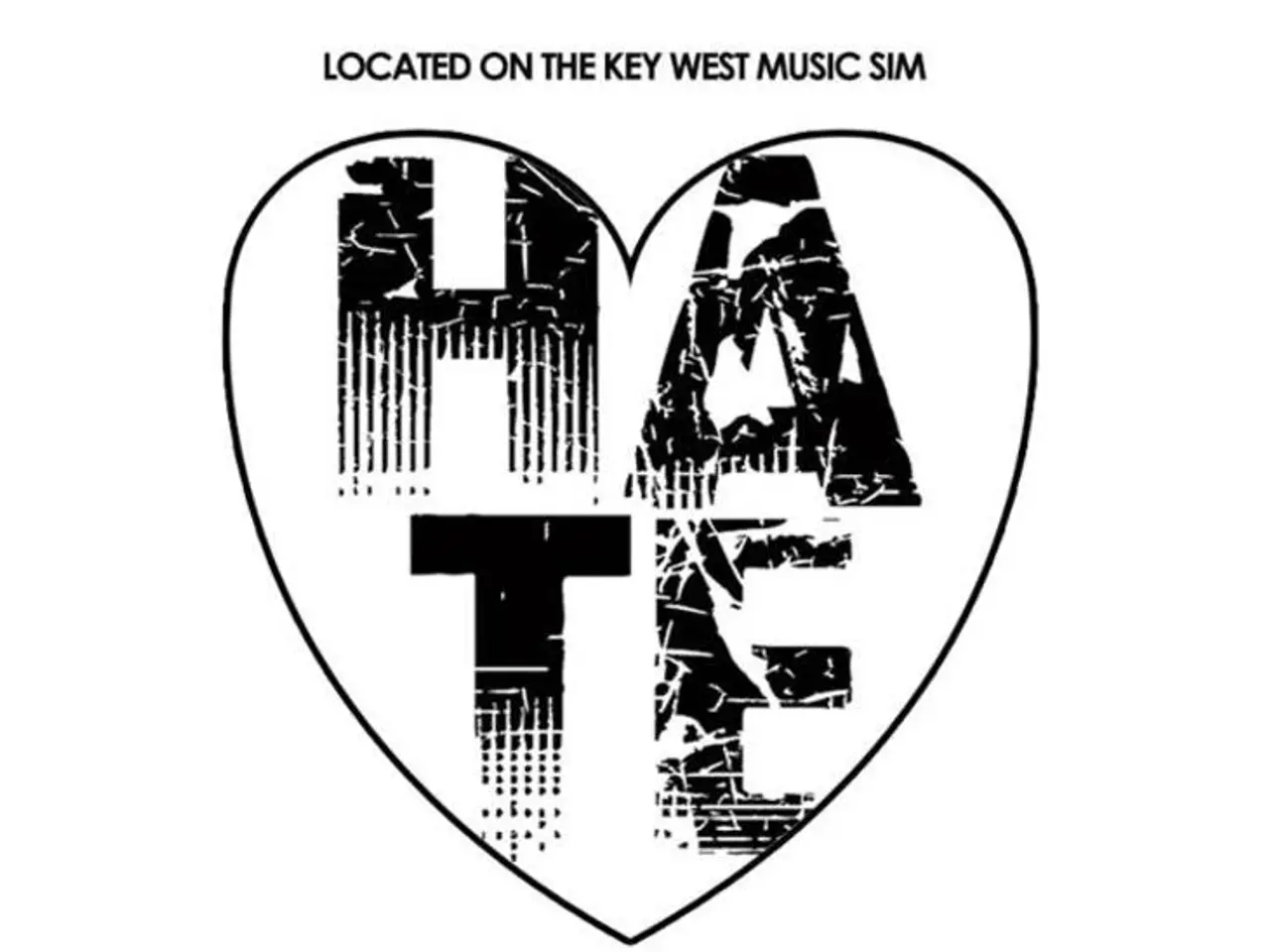Brussels' Multinational Meeting
EU Leaders Gather for Meeting with Merz in Attendance
Brussels (dpa) - From G7 to NATO, and now EU: German Chancellor Friedrich Merz embarks on his string of summit debuts, with his first EU summit in Brussels set for Thursday. A day after the NATO allies' summit in The Hague, Merz will converse with fellow heads of state and governments of the 26 EU member states. Discussions encircle developments in the Middle East, continued backing for Ukraine battling Russia, and further friendship alliances.
Russia Sanctions: Agree to Disagree?
The steadfast endorsement of Ukraine, which holds a video conference appearance, is on the agenda. However, unanimous agreement among the 27 member states remains questionable, particularly in light of Hungarian Prime Minister Viktor Orban's potential refusal to put his name to a joint declaration for a third successive time.
A debate around further restrictive measures against Russia is expected, with the proposed 18th package focusing on the Russian energy and banking sectors. Yet, consensus is indispensable for the adoption of the package, and past uncertainty over Hungary and Slovakia's accord has surfaced.
How Will EU-Israel Cooperation Proceed?
The ongoing tension in the Middle East calls for deliberations on the continuation of a partnership agreement between the EU and Israel. Amid an audit document accusing Israel of breaching standards for international cooperation, member states face deciding on the appropriate response. While some nations advocate for the agreement's suspension, others, including Germany, oppose such actions.
Migration Policy: In Search of Solutions
Continued deliberations on migration policy await the EU heads, who will be joined by leaders from Italy and Denmark in a pre-summit meeting to address illegitimate immigration concerns. CDU chief Merz will take part in these discussions, with a likely agreement to strengthen partnerships with countries of origin and transit, the consistent application and execution of existing EU regulations, and innovative anti-migration strategies adhering to EU and international law.
Just days ago, Commission President Ursula von der Leyen penned a letter to the leaders, underscoring the necessity for increased efforts as this summit signifies a "critical juncture" for implementing the migration and asylum pact. CDU politician Manfred Weber advocated for more resolute action, emphasizing the need for border checks within Europe to be eliminated—achievable through external reception centers, increased border patrols, and more effective deportation procedures.
In addition to migration discussions, topics concerning Europe's competitiveness, U.S. customs disputes, and French President Emmanuel Macron's drive to align EU climate goals with economic requirements are also on the agenda. Furthermore, it's expected that the heads of state and government will greenlight the introduction of the euro in Bulgaria next year.
Enlightening Insights
The upcoming EU summit on June 26-27, 2025, will most likely result in diplomatic compromise regarding Russia sanctions, with modest revisions in the pipeline instead of drastic changes. The EU-Israel partnership discussions will balance humanitarian concerns with cautious diplomacy, without resorting to immediate punitive actions. Migration policy debates will emphasize ongoing legislative work and implementation enhancement, while Bulgaria's adoption of the euro is expected to unfold according to EU protocols and economic evaluations [1][2][3].
- As EU leaders gather for the summit, policy discussions on migration are anticipated, with a focus on strengthening partnerships with countries of origin and transit, consistent application of EU regulations, and innovative anti-migration strategies adhering to EU and international law.
- In the context of Russia sanctions, the upcoming EU summit may result in a diplomatic compromise, with a likely emphasis on modest revisions instead of drastic changes to the existing sanctions package.
- The EU-Israel partnership will be under scrutiny, as member states discuss the continuation of the agreement amid allegations of breaches in international cooperation. Debates will emphasize balancing humanitarian concerns with cautious diplomacy, rather than resorting to immediate punitive actions.





